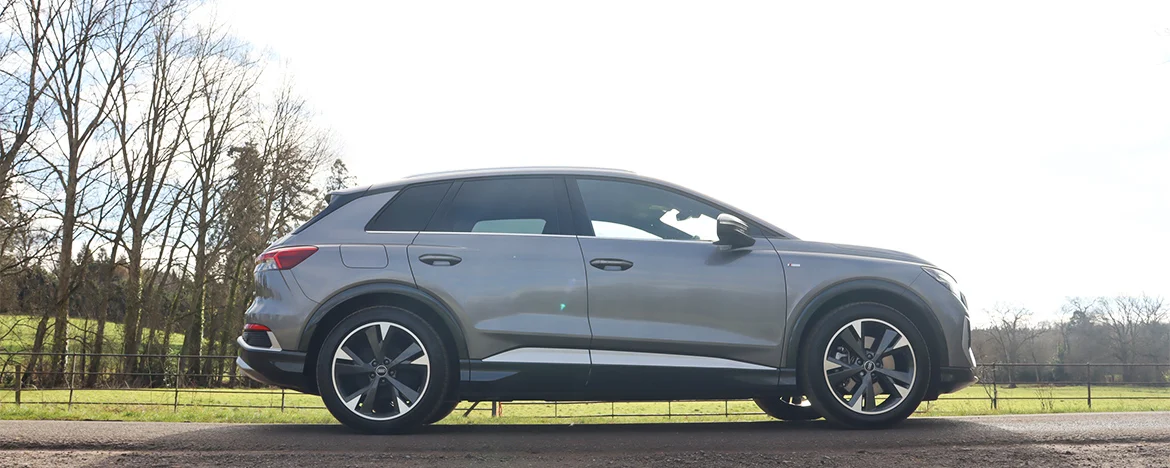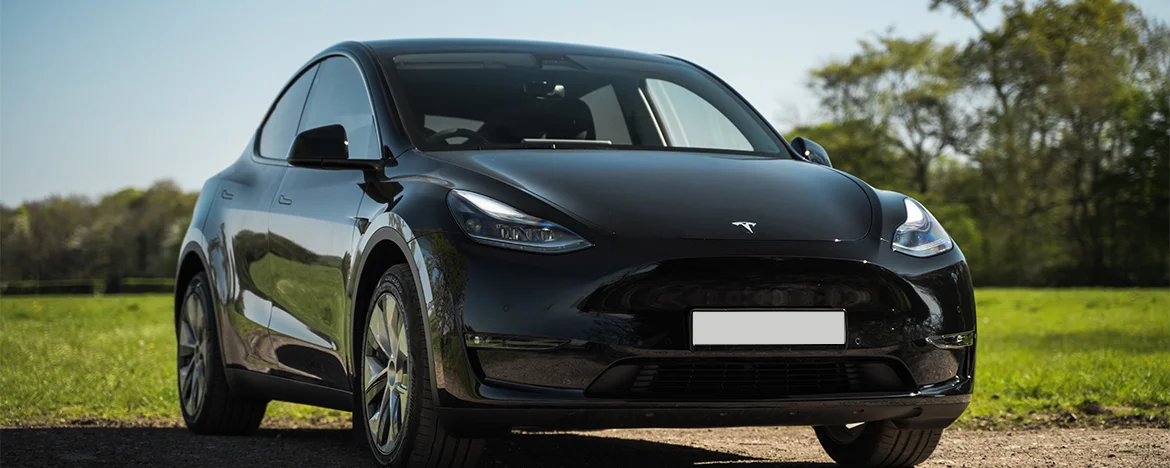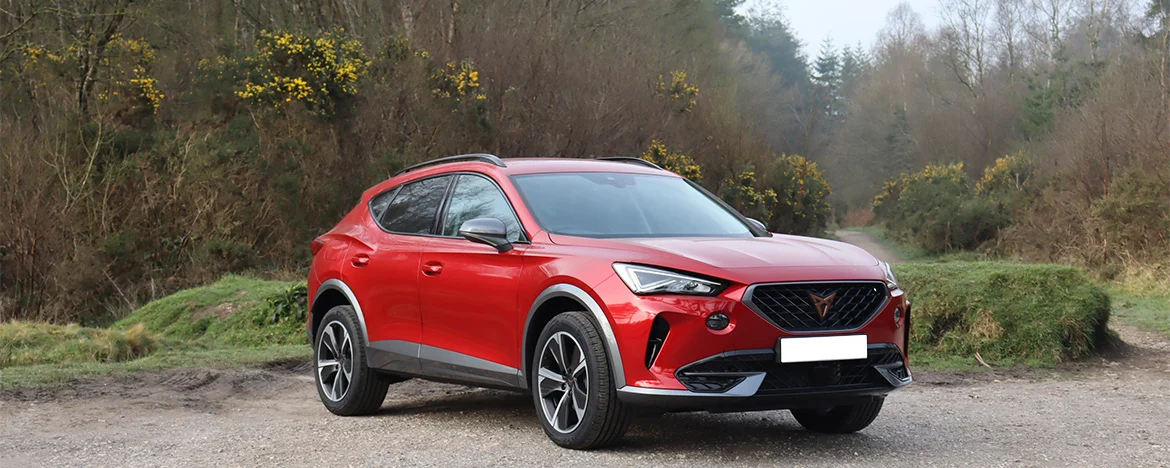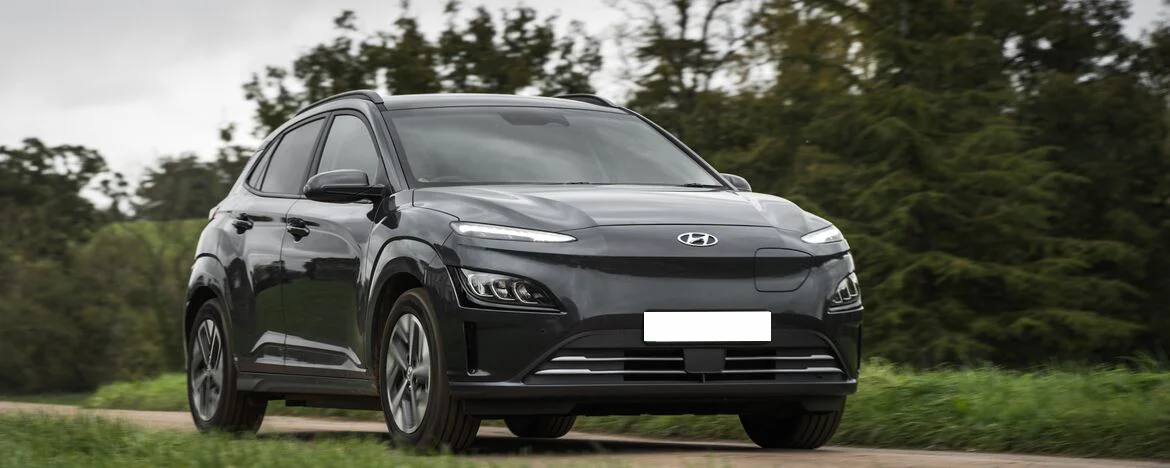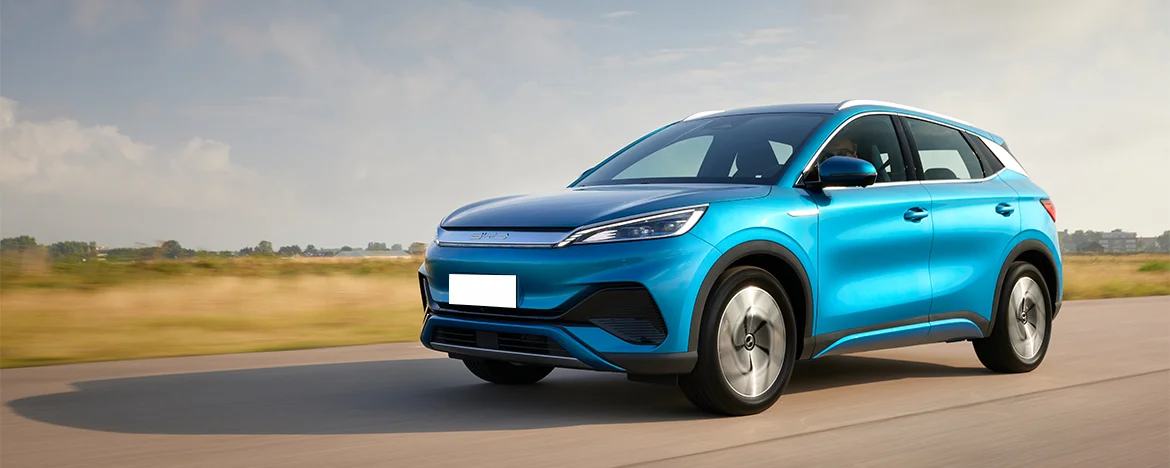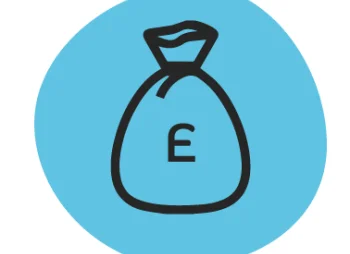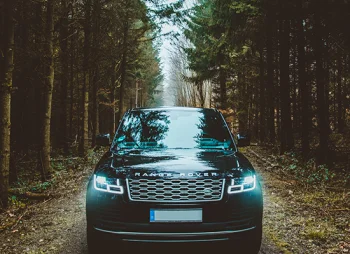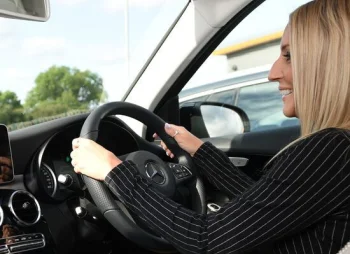Car leasing vs PCP: Which is cheaper?
Leasing tends to work out cheaper than PCP because of the optional balloon payment at the end of a PCP contract.
If you’re looking at getting your next car on PCP, you’ll want to make sure that you’ve included the total running costs in your calculations – including insurance, fuel and maintenance costs – so that you have a good idea of how much the car will cost you over the term of your deal.
You’ll want to do this if you’re leaning towards leasing too.
Looking at the whole life costs will make it easier to budget, so you’re not spending more on your car month to month than you expected.
You’ll also need to consider how much money you can afford to put down upfront.
Normally, with a PCP deal you’ll put down a deposit of around 10% of the car’s value, though this can vary. Some funders might even give you money towards the deposit with certain deals, so it can pay to shop around.
Leasing is slightly different.
When it comes to a PCH deal, you’ll pay what’s called the initial rental.
This is normally the equivalent to between one- and nine-months lease. The more you pay upfront, the lower your monthly payments will be.
The monthly payments for both leasing and PCP will vary depending on a set of factors.
When it comes to leasing, you’ll need to select the terms of your deal before you do anything else. This includes your initial rental, along with the length of the agreement and your annual mileage allowance, as well as whether you want to include maintenance.
All of these will have a bearing on how much your monthly rental will be.
PCP is similar. Your monthly payments cover the difference between what your car cost when it was new, and what it’s forecast to be worth when your agreement ends. This is called the Guaranteed Future Value (GFV).
It’s likely you’ll also have to pay interest on this, which generally varies between 4% and 7%. If you shop around, you might be able to find some 0% finance deals on some models, if you’re not overly fussy about which car you want.

